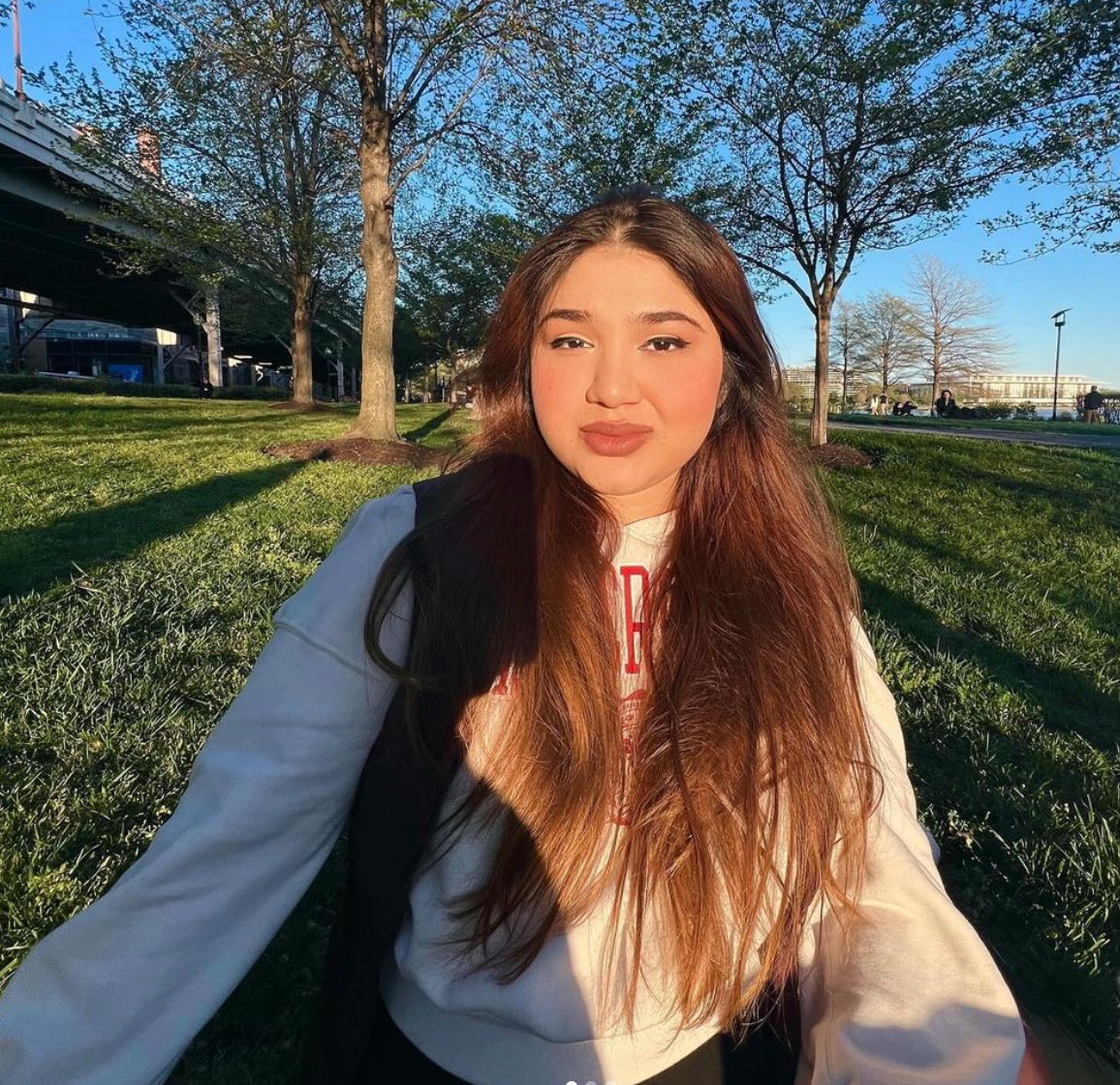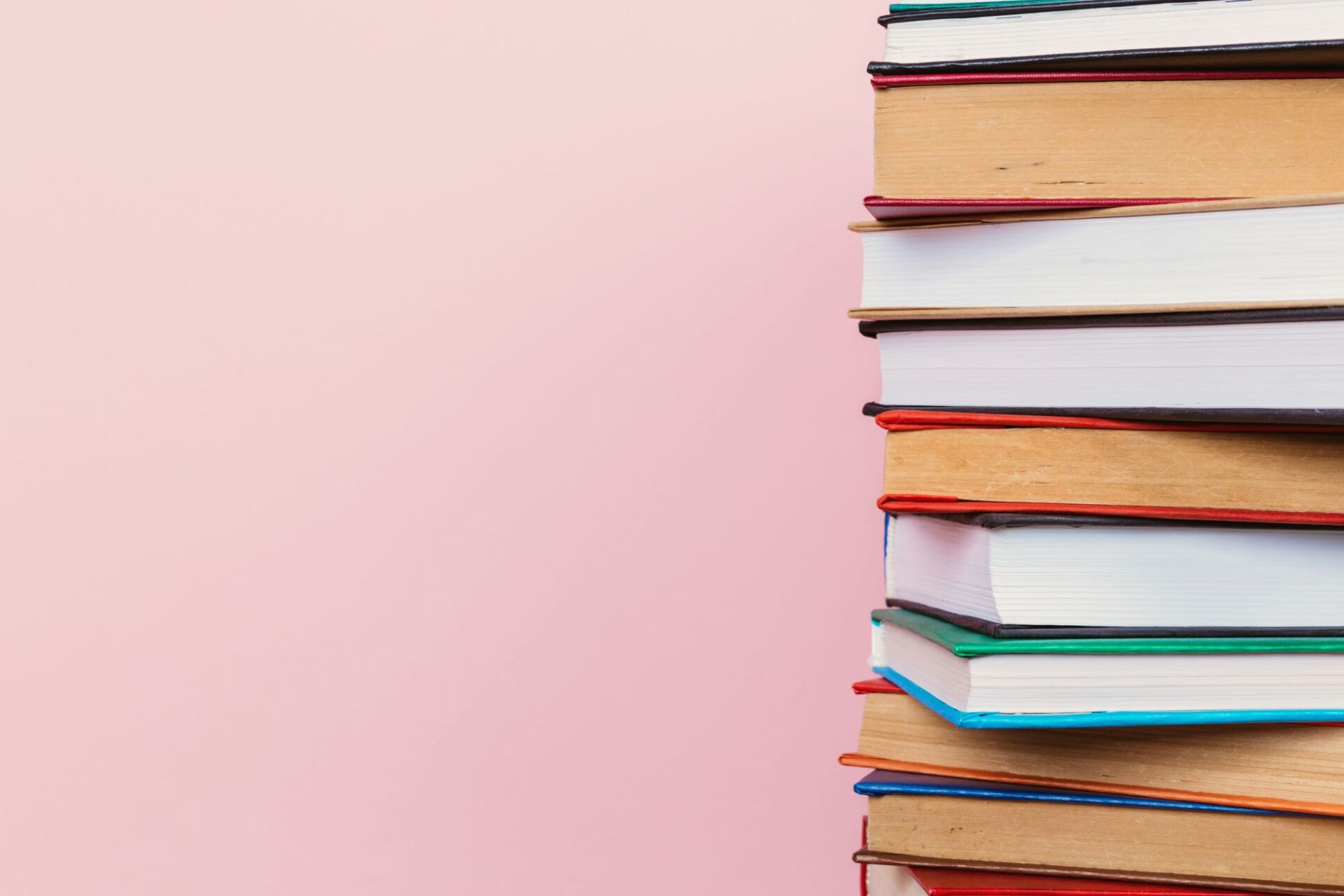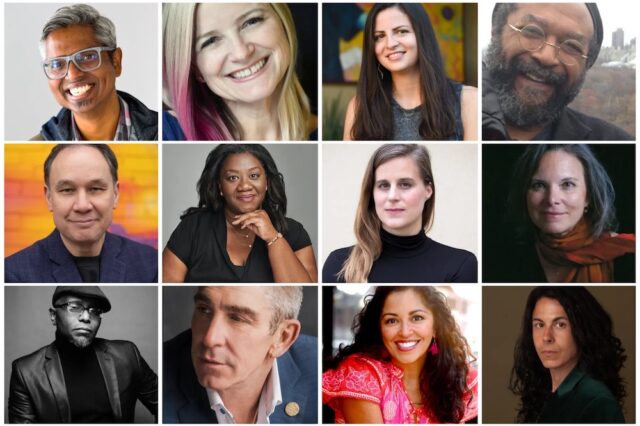Book Bans: A New Report Measures the Destructive Attack on Literature
Lauren Groff, the author of “Florida” and “The Vaster Wilds,” is fighting against book bans. She announced plans to open a bookstore with banned books.
Literature is an essential part of culture and art, and books can be a portal to another world, an escape. Banning books restricts cultural diversity and artistic expression, inhibiting the creative exploration of various ideas.
The latest report by “PEN America” highlights 5,894 instances of book bans in U.S. public schools from July 2021 to June 2023. The report introduced the concept of the “Scarlet Letter” effect, describing the phenomenon where a writer faces bans on their additional works following the prohibition of one of their work.
As a report from PEN aggregates 2 years of data on book bans to show how they stigmatize specific authors, @legroff — author of “Florida” — just announced plans to open a bookstore selling frequently banned books in the epicenter of challenged literature. https://t.co/j58Ou1Cdbb
— Emily St. Martin (@ByEmilyStMartin) December 14, 2023
The restrictive nature of these laws can lead to a chilling effect on writers, inhibiting their creativity. However, one writer, Lauren Groff, is fighting back. Groff announced her plans to open a bookstore with all the banned books. “I love bookstores because I think they, and libraries, are at the forefront of democracy in some very real ways,” Groff told the Los Angeles Times.
According to PEN, a book ban is described as a ban on a book based on its content, and it doesn’t consider books banned by a library as “banned books.” This is a harmful tool that can be used to silence marginalized writers.
Author Lauren Groff, alongside her husband Clay Kallman, opens The Lynx in Gainesville, Florida, a bookstore dedicated to Florida's literary heritage and championing banned and diverse authors.https://t.co/LPGSN3jVBd@legroff @Bookshop_Org @Ckallman pic.twitter.com/hl1yRxkg4E
— Nasher ناشر (@Nasher_News) December 20, 2023
“Literature is vital to educate young people. Without literary works, students are left without context for their own experiences, without empathy for the experiences of others, and without a full understanding of the world we live in and the past,” explained Sabrina Baeta of PEN in a statement along with the report. “We are continually alarmed to see how the movement to ban books has intensified since 2021 and puts at risk the freedoms to read and learn, all the while threatening core principles of education.”
Many see these bans as more than just removing books but restricting ideas, especially those from marginalized communities. It is important to allow people the freedom to write and let them decide what they want or don’t want to read.







